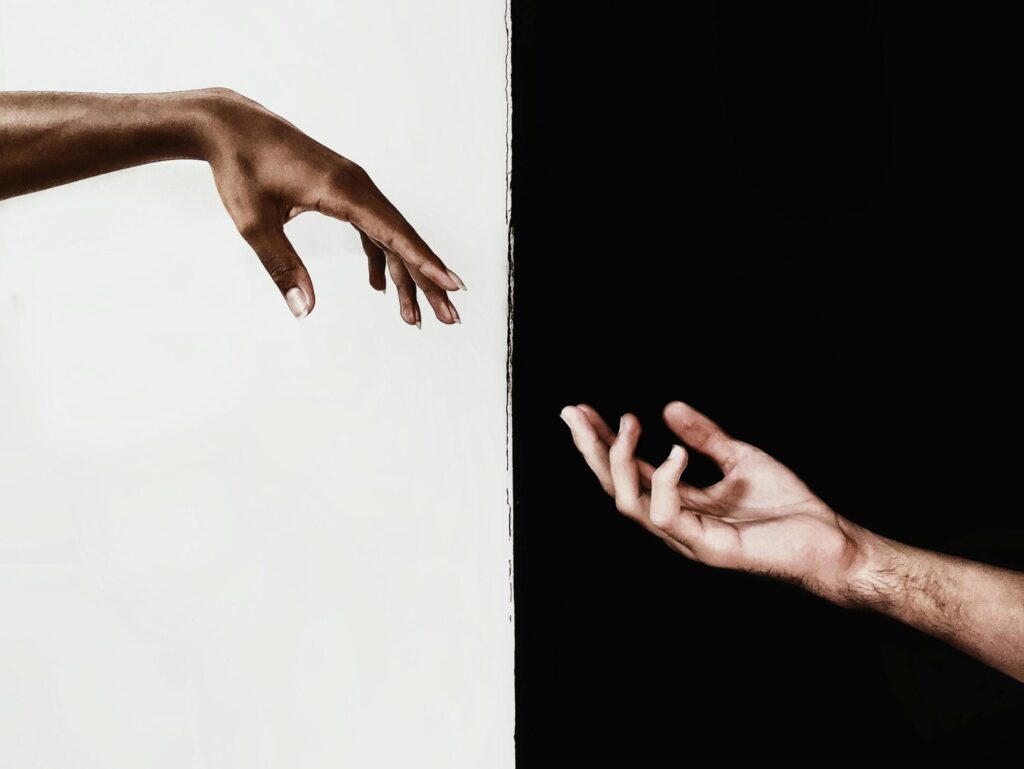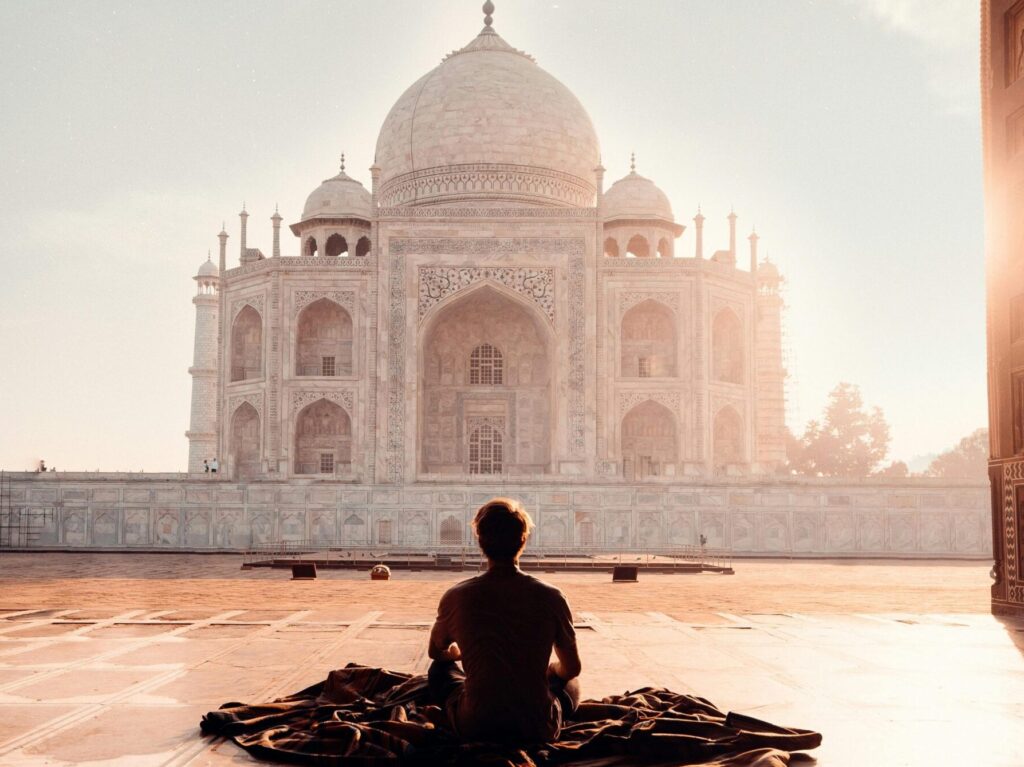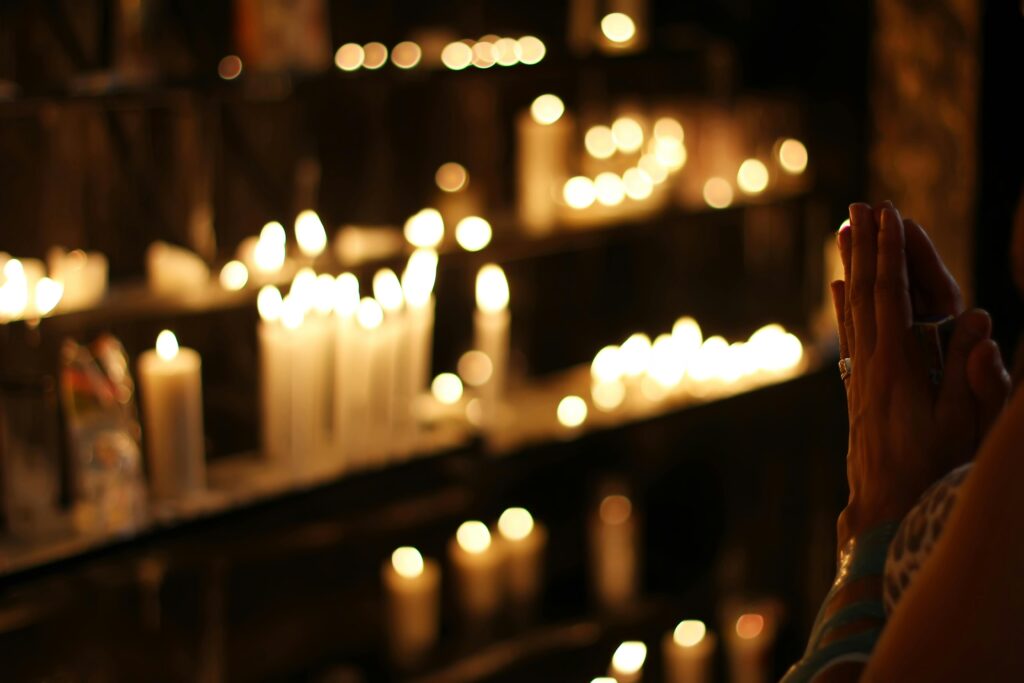Is Fear Secretly in Control of Us?
We live in an era where control is the ultimate currency. Douglas Rushkoff, in Survival of the Richest, exposes how tech elites hoard wealth, resources, and even escape plans—investing in bunkers, AI-driven longevity, and space colonies to shield themselves from uncertainty. Their deepest fear? Losing control.
But this fear isn’t unique to billionaires. We all experience it—whether in our relationships, careers, or social groups. We cling to power, to certainty, to security. We define ourselves by what we own, who we belong to, and what we can control.
And yet, as philosopher Meister Eckhart warns:
“The more deeply we are our own selves, the less self we have.”
The paradox is clear: the tighter we grip, the more we are enslaved by what we fear losing. Whether through monopolistic empires or the simple human desire to belong, we are all driven by one primal force—the neurophysiology of fear.
This post, we will explore:
✔️ The Neuroscience of Fear – Why our brain wires us for control and why losing power feels like a threat to survival
✔️ The Tech Elite’s Fear of Losing – Why billionaires seek to escape death, dependence, and unpredictability
✔️Social Conformity and the Fear of Exclusion – Why we conform to avoid the terror of standing alone
✔️ The Illusion of Power – How our desire for control over relationships, social status, and identity binds us more than it frees us
✔️Letting Go: Meister Eckhart’s Path to True Freedom – How surrender, not control, is the key to liberation
Why Does Our Brain Make Us Crave Control?
Fear is not just an emotion—it’s hardwired into our neurobiology. At the core of our control-driven behaviors is the amygdala, the almond-shaped structure deep within the brain responsible for detecting threats.
When we lose control, the amygdala activates, triggering the fight-or-flight response.
The hypothalamus releases stress hormones—cortisol and adrenaline—making us feel anxious, defensive, and desperate to regain stability.
The prefrontal cortex, which governs logic, tries to rationalize our actions—but under stress, it takes a backseat to raw survival instinct.
Are We Addicted to Control? The Dopamine Trap
Power, like drugs or social validation, activates the dopamine reward system—our brain’s pleasure center.
- Every time we assert control, we get a dopamine hit, reinforcing the belief that more control = more security.
- This creates a loop of dependency—the more power we gain, the more we fear losing it.
For the tech elite, this means hoarding wealth and future-proofing their survival.
For the everyday person, it means clinging to relationships, social status, or group belonging.
In all cases, fear drives us to grip tighter—but paradoxically, this only fuels greater insecurity.
The Tech Elite’s Fear of Losing: The Ultimate Illusion of Control
In Survival of the Richest, Rushkoff describes how billionaires obsess over preparing for global collapse—not to save humanity, but to save themselves.
Their fears are primal:
- Fear of Losing Power – They built monopolies, but the market is unpredictable
- Fear of Death – They invest in cryonics, AI consciousness transfers, and longevity research to escape mortality.
- Fear of Dependence – They believe human relationships are liabilities and seek to replace them with automation.
The Neuroscience of Hoarding Power: Why We Fear Standing Alone
Research suggests that those in power have heightened activity in the brain’s reward circuitry but weakened empathy responses (Berns et al., 2005).
Power alters the prefrontal cortex, strengthening self-interest over social connection.
The insula, which processes empathy and vulnerability, becomes less active—leading to emotional detachment.
This creates a vicious cycle: The more power they accumulate, the less capable they are of letting go.
Yet, in their obsession with controlling the future, they miss the present entirely.
Meister Eckhart would say:
“To be full of things is to be empty of God. To be empty of things is to be full of God.”
The tech elite cling to their wealth, but in doing so, they hollow themselves out.
Why Do We Fear Standing Alone?
While billionaires hoard power, ordinary people hoard belonging.
Humans are social creatures. Evolution wired us for conformity because in tribal times, exclusion meant death.
- The anterior cingulate cortex (ACC), the brain’s pain center, lights up when we experience social rejection
- Neuroscientists found that social exclusion activates the same neural pathways as physical pain (Eisenberger et al., 2011)
- To avoid this pain, we mirror others, align with group norms, and fear standing alone
Thus, whether we are a billionaire fearing market collapse or an individual fearing social rejection, the core fear is the same.
The tech elite conform to wealth and power.
Society conforms to social expectations.
Both grip onto external forces for identity—but at the cost of authenticity and freedom.
Does Power Actually Make Us Weaker?
Power does not liberate—it binds.
We grip onto relationships, fearing loneliness—but in doing so, we often lose authenticity.
We grip onto status, fearing irrelevance—but in doing so, we lose our true purpose.
We grip onto control, fearing chaos—but in doing so, we become trapped in anxiety.
The More We Grip, The More We Fear
Every effort to control the world deepens our dependence on it.
Rushkoff’s tech elite fear losing control, so they hoard more.
Ordinary people fear exclusion, so they conform more.
In both cases, fear enslaves them to the very thing they are running from.
Is Freedom Found in Losing Everything?
Meister Eckhart’s “Gelassenheit” offers a radical alternative:
Instead of gripping onto power, we surrender to the unknown.
Instead of defining ourselves by wealth or status, we release our need for external validation.
As Eckhart writes:
“The eye through which I see God is the same eye through which God sees me.”
Letting go does not leave us with nothing. It leaves us with everything.
True Freedom is Found in Surrender
The paradox of control is that true power is found in relinquishing it.
The tech elite fear loss—but in letting go, they would be free from fear itself.
We fear exclusion—but in standing alone, we find our true self.
The choice is ours: grip tighter and suffer, or let go and be free.
Final Thought: What Are You Gripping Onto?
In your own life, what do you hold onto out of fear? A relationship? A career? An identity?
What would happen if you simply let go?
Would you lose everything?
Or would you, perhaps, finally be free?




